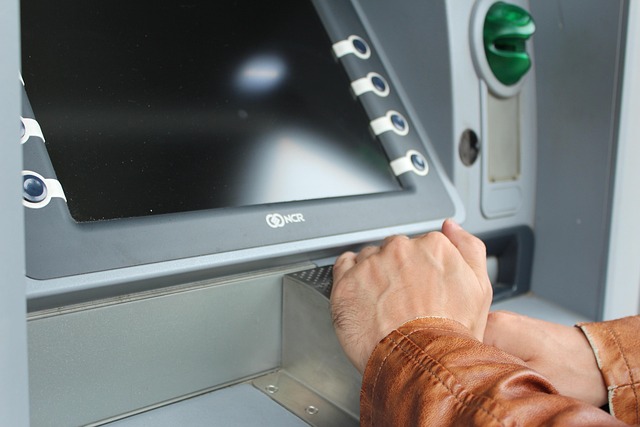Title loan in-store payments offer quick cash using a vehicle's title as collateral, with no credit check. However, they often feature shorter terms, higher interest rates, and penalties for late repayment. Legal regulations vary by US state, affecting loan terms and borrower rights. While convenient, these loans carry potential drawbacks like higher fees and impulsive borrowing decisions; consumers should carefully review terms and costs before agreeing.
Title loans, a quick source of cash for borrowers with secured assets, often facilitate in-store payments. While online options have gained popularity, in-store transactions remain prevalent in certain states due to varying legal frameworks and consumer preferences. This article delves into the intricacies of title loan in-store payments, exploring state-specific regulations, benefits and drawbacks, and crucial considerations for borrowers. Understanding these dynamics is essential for navigating this alternative financing option effectively.
- Understanding Title Loan In-Store Payments
- Legal Frameworks and State-Specific Regulations
- Pros, Cons, and Consumer Considerations
Understanding Title Loan In-Store Payments

When it comes to Title Loan In-Store Payments, many borrowers are unaware of the process and its prevalence in certain states. This method allows individuals to secure a loan using their vehicle’s title as collateral. The borrower brings their vehicle to a designated store where the lender assesses its value. If approved, they receive cash on the spot, with the agreement that they’ll repay the loan plus interest within a specified Loan Terms. This option is popular due to its accessibility, as it doesn’t typically require a credit check, making it an alternative for those with limited financial options or poor credit scores.
In-store payments offer a quick solution for immediate financial needs. Borrowers can walk into a local shop, complete the application process, and leave with funds in hand. However, it’s crucial to understand the terms and conditions before agreeing to such a loan. Unlike traditional loans, Title Pawn agreements often have shorter repayment periods and higher-interest rates. Therefore, borrowers must be prepared to repay the loan swiftly to avoid potential penalties or having their vehicle repossessed.
Legal Frameworks and State-Specific Regulations

The legal frameworks governing title loan in-store payments vary significantly across states in the US. Each state has its own set of regulations that dictate how these loans, often known as car title loans, can be structured and disbursed, with a particular focus on protecting borrowers from predatory lending practices. These regulations cover key aspects such as interest rates, loan terms, and the process for repossession of collateral, which is typically the borrower’s vehicle.
Some states have more stringent rules, mandating longer loan terms and lower interest rates, ensuring that borrowers have a reasonable chance to repay the loans. Conversely, other states have looser regulations, allowing for shorter terms and higher rates, which can lead to quicker quick funding but may also expose borrowers to greater financial risk. Understanding these state-specific regulations is crucial when considering a secured loan through in-store payments, as it directly impacts the terms of the loan and the borrower’s rights and responsibilities.
Pros, Cons, and Consumer Considerations

Title loan in-store payments remain a prevalent option for borrowers in certain states, offering both advantages and potential drawbacks. Pros include immediate access to funds, a straightforward application process, and the convenience of making repayments in person. This method is particularly appealing to those who prefer face-to-face interactions when handling financial matters. Additionally, some lenders provide flexible repayment options tailored to the borrower’s needs, allowing for more manageable payments over time.
However, consumers should be aware of potential cons. In-store payments may come with higher fees and interest rates compared to online or direct deposit methods. The immediate nature of these transactions could lead to impulsive borrowing decisions. Moreover, borrowers might lack the range of repayment options available through digital platforms, such as setting up automatic payments or choosing from various repayment plans. Consumer considerations include carefully reviewing loan terms, comparing rates, and understanding all associated costs before opting for an in-store title loan.
Title loan in-store payments remain a prevalent option for borrowers in certain states, offering both advantages like immediate access to funds and drawbacks such as higher interest rates. Understanding the legal frameworks and state-specific regulations is crucial for consumers considering this alternative. By weighing the pros and cons, individuals can make informed decisions while keeping consumer considerations at the forefront to ensure they receive a fair and transparent loan agreement.






